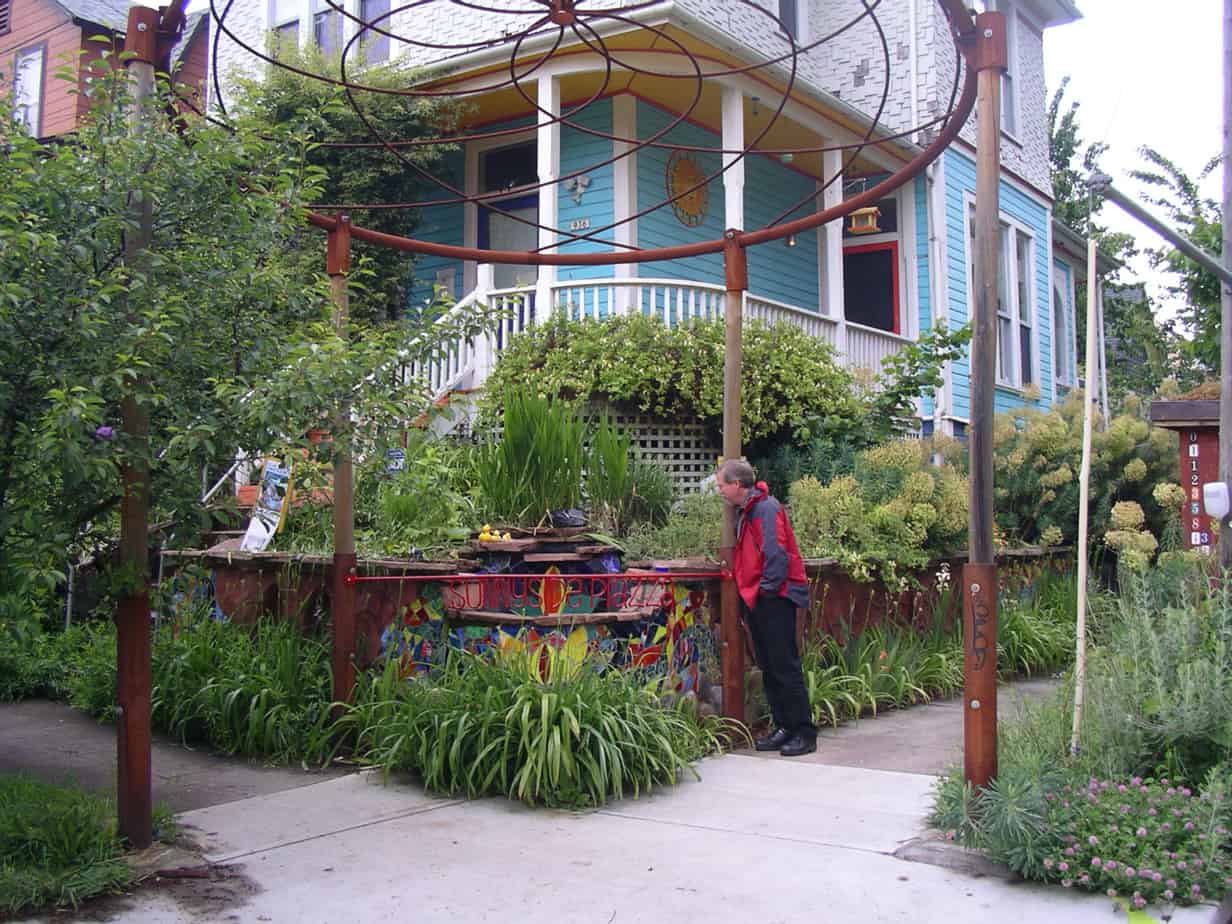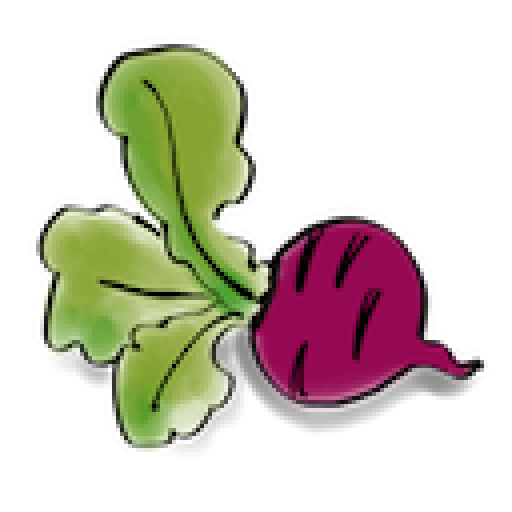As I write this, one of America’s busiest highways, the Dan Ryan Expressway in Chicago, is being torn up and enlarged. Long traffic delays have led thousands of commuters to leave their cars at home and ride buses or the city’s famous El to work. And they hate it. Mass transit takes longer, but that is not the real issue. For too many people, the car commute is the only time they are alone, away from the pressures and demands of family, boss, and coworkers. The fuel saving and pollution reducing bus or train, rather than being a relaxing and meditative time to read, listen to music, or simply stare out the window, is felt as a theft of the few moments they have to themselves. Car commuters may complain about the time wasted in traffic jams and the soaring cost of gas, but faced with the prospect of riding among strangers for an hour each day, most would much rather simmer alone indefinitely on a highway-turned-parking-lot.
This dilemma points to some colossal design flaws in our culture. Who would create a system in which so many forces conspire against the ecological act of leaving your car at home and taking public transportation? Why do we need so badly to escape our families, friends, jobs, and those with whom we anonymously share our communities? How do we begin to disconnect from the pressures and ugliness forced into our lives, and to reconnect, by choice, with the people, places, and things that give us joy?
The title of this book may have led you to believe it is simply about trading turf for vegetables. It is far more: It is a road map for a personal and cultural transformation that begins on our own lawns and carries us into our neighborhoods, communities, and society. If we follow this path, it will leave us healthier, wiser, and more joyful.
Food Not Lawns is a radical book. I write that with some irony, because the simple suggestions and techniques that Heather Jo Flores offers—grow a garden, talk to neighbors, and try to notice the consequences of our actions—would have been plain common sense to our forebears of just two or three generations ago. But today, when saving a seed can result in a lawsuit, catching water from your roof risks fines from the health department, and a gardening workshop in Sacramento ends in arrests for terrorism, small acts of self-reliance require not merely courage but unusual vision and persistence in the face of a deeply apathetic culture.
Although Heather Jo’s stance is anti-corporate and anti-polluter, this book is not about stopping anything. It is about starting to create the world we want to see, a remarkably positive vision of a more fulfilling life gained in small, easy steps. Her writing unites science and magic, mechanics and mystery. She offers practical tools for reducing our manufactured dependencies and building our interdependence and helps us reconnect with ourselves, our land, and our communities.
This is a book about grassroots practice, even though grass is antithetical to what Heather Jo stands for. She helps us see our sterile swards as the embodiments of waste, overconsumption, and emptiness that they are, and she shows us ways to rebuild them into sources of physical and spiritual nourishment. Moving from our yards to the global terrain, she outlines the work that we face. But she wisely stays focused on the local and shows us what we can do right here without feeling overwhelmed. She can wade with grace and balance into taboo topics such as using human waste for fertilizer, and I can attest that she writes from not just a theoretical acquaintance with this and many other topics. She has done nearly everything she describes in this book, and done it well.
Read this book. But don’t stop there. Help create the paradise gardens and communities that Heather herself is bringing into being. I’ll see you there.
Toby Hemenway, author of Gaia’s Garden, A Guide to Home-Scale Permaculture

June 2006
